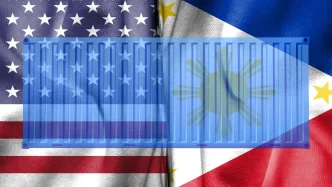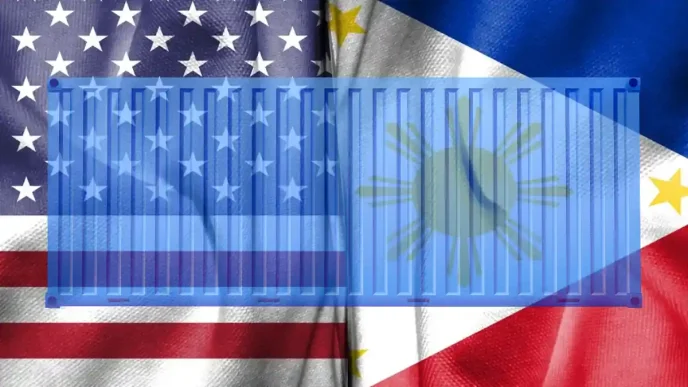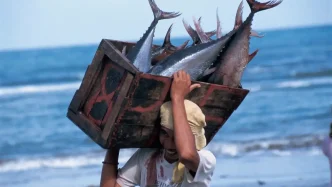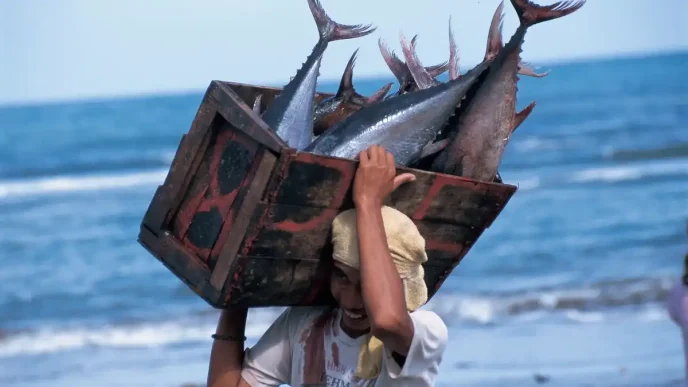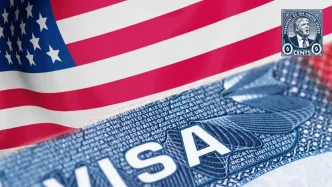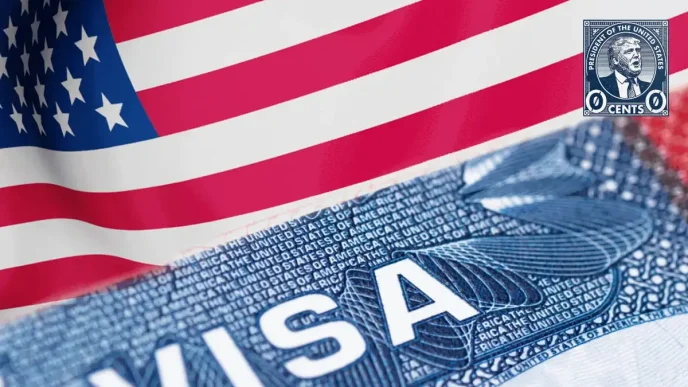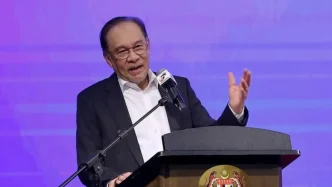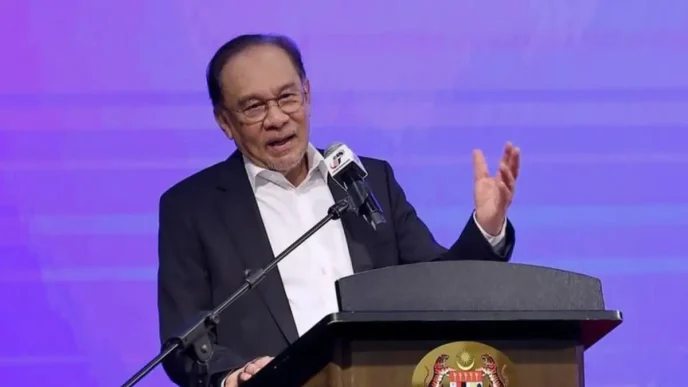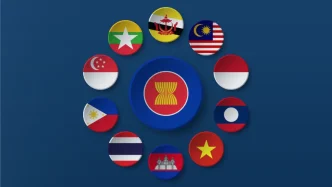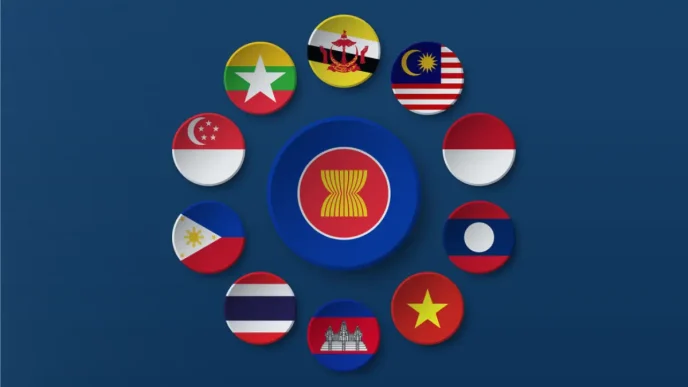In a powerful and historic moment, children and youth with disabilities in the Philippines have taken centre stage to confront a harrowing crisis: Online Sexual Abuse and Exploitation of Children (OSAEC). At a series of conferences held in Quezon City and Palawan, these young voices, often sidelined and overlooked, demanded stronger protections, better education, and equal access to health and safety resources. Their message was clear—silence is no longer an option.
The Philippines has long been regarded as a global epicentre for OSAEC, with over 400,000 children estimated to have fallen victim to this form of exploitation. Yet, since 2014, fewer than 2,000 have been rescued, leaving countless others to suffer in the shadows. For children with disabilities, the risks are even greater. Isolated by physical and social barriers, many turn to social media as a lifeline to connect with the outside world. Tragically, this same platform often becomes a hunting ground for traffickers.
“They spend so much time online, more than you would imagine,” said Gamilla Avena, programme manager at the NORFIL Foundation, a non-profit dedicated to protecting neglected and abused children. “Children with disabilities, especially those who feel isolated in their own communities, seek friendship online. That makes them more vulnerable because they don’t always know who’s behind the keyboard,” she told a local outlet.
A Platform for the Silenced
The recent conferences, titled Break the Prevalence, End the Violence: Protecting Children, Creating a Safe Philippines, marked a significant departure from traditional forums where adults typically speak on behalf of children. This time, the children themselves were given the microphone. Over two days in each location, participants from across the country shared personal stories, voiced concerns, and proposed solutions. For many, it was their first exposure to the term OSAEC—a sobering indication of the lack of awareness in vulnerable communities.
“In Palawan, they are not aware of OSAEC. It was their first time to hear and learn about it,” Avena noted. She expressed surprise at this gap in knowledge, particularly in a tourist-heavy region like Palawan, where risks of exploitation can be heightened due to transient populations and economic disparities.
Through workshops, role-playing, and creative activities like photovoice, the young participants explored the mechanics of online abuse, the specific vulnerabilities faced by those with disabilities, and strategies for self-protection. Studies, though limited, suggest that children with severe physical disabilities, autism, Williams syndrome, or intellectual disabilities are at the highest risk of online victimisation. Many do not realise they are being exploited until significant harm has already been done.
A Manifesto for Change
The culmination of the conferences was the drafting of a manifesto—a bold document articulating the children’s demands for systemic change. Their priorities were grouped into four key areas: access to education, health, information, and protection. Each demand reflected not only their immediate needs but also a broader call for equity and inclusion in a society that often marginalises them.
First, on education, the children called for inclusive learning environments tailored to their needs. They urged for Accessible Learning Materials (ALM) and partnerships between parents and teachers to support personalised education. Financial barriers were a recurring theme—many struggle to afford assistive devices, therapy, or even transportation to school. To address this, they demanded scholarships and government subsidies to ensure no child is excluded due to economic hardship.
Second, access to health emerged as a critical concern. Many hospitals and clinics in the Philippines lack facilities for children with disabilities, and medical staff are often untrained in communicating with them. The manifesto called for free medical services, better-equipped health centres, and training for health workers in sign language to assist deaf children. They also requested free medicines for chronic conditions, highlighting how untreated health issues compound their vulnerability.
Third, the children stressed the need for accessible information. Many are unaware of their rights or how to protect themselves from abuse, leaving them at greater risk of OSAEC and other forms of violence. They demanded age-appropriate, disability-friendly resources on personal safety and legal protections, alongside community programmes to raise awareness and build confidence in seeking help.
Finally, on protection, the manifesto urged local governments and barangays (community units) to implement stronger safety measures. Children with disabilities face heightened risks of violence not just online but in their daily lives. Specific demands included immediate, actionable steps to enhance their security, though the exact measures were not detailed in public summaries of the event.
Turning Words Into Action
The conferences may have concluded, but the momentum for change continues. NORFIL Foundation, alongside the Netherlands-based Liliane Fonds and local partners, is committed to amplifying these voices. Plans are underway to expand the programme to underserved regions like Bicol, ensuring more children with disabilities are reached. Beyond outreach, the focus is on translating the manifesto into tangible outcomes.
NORFIL intends to submit the document to local government units in the areas where participants reside, ensuring their demands are integrated into community planning and budgeting. At the national level, the manifesto will be presented to the Council for the Welfare of Children, where NORFIL chairs the Committee on Children with Disabilities. “We will also submit the manifesto to push for policy adjustments and stronger government action,” Avena explained.
Local partner organisations, many of which are already embedded in councils for child protection, will advocate for the inclusion of these recommendations in service delivery. This multi-tiered approach—local advocacy paired with national policy engagement—aims to ensure that the voices of children with disabilities resonate beyond the conference halls.
A Broader Context of Vulnerability
The plight of children with disabilities in the Philippines must be understood within the broader context of OSAEC as a pervasive issue. The country’s status as a hub for online child exploitation is tied to systemic challenges: poverty, limited law enforcement capacity, and the rapid proliferation of internet access without corresponding safeguards. For children with disabilities, these risks are magnified by social isolation and a lack of tailored protective mechanisms.
While data on OSAEC specifically affecting children with disabilities remains scarce, the few studies available paint a grim picture. Their dependence on online spaces for social interaction, coupled with potential difficulties in discerning harmful intent, makes them prime targets for predators. The conferences in Quezon City and Palawan have begun to address this gap, but much work remains to build a comprehensive support system.
Challenges Ahead
Despite the optimism surrounding the manifesto, significant hurdles loom. Implementing the demanded changes requires substantial funding, political will, and coordination across multiple sectors. For instance, training health workers in sign language or providing free assistive devices involves long-term investment—resources that are often scarce in a country grappling with economic inequality.
Moreover, raising awareness about OSAEC in remote or tourist-driven areas like Palawan is no small task. Cultural attitudes, stigma around disability, and uneven access to education all pose barriers to outreach. The government’s track record on child protection also raises questions about the speed and effectiveness of any response. With fewer than 2,000 children rescued out of an estimated 400,000 victims since 2014, systemic inefficiencies are starkly evident.
There is also the risk that the manifesto’s demands, though powerful, could be sidelined in the face of competing national priorities. Without sustained advocacy and accountability mechanisms, the momentum generated by these conferences could dissipate. NORFIL and its partners face the challenge of maintaining public and political attention on an issue that, while urgent, often lacks the visibility of other crises.
A Call for Global Solidarity
The courage of these children and youth with disabilities in the Philippines sends a resonant message far beyond the nation’s borders. Their fight against OSAEC underscores a universal truth: the most vulnerable among us often bear the heaviest burdens of societal failures. Yet, in speaking out, they have reclaimed agency, demanding not just protection but dignity and equality.
For the international community, this moment serves as a reminder of the need for solidarity and shared responsibility. Online exploitation is a borderless crime, often fuelled by demand from wealthier nations. Supporting initiatives like those led by NORFIL—through funding, expertise, or advocacy—could help scale local efforts into lasting change.
As the programme expands to regions like Bicol, and as the manifesto makes its way to decision-makers, the hope is that these young voices will not only be heard but acted upon. In a world where silence has too often been the default, their stand in Quezon City and Palawan is a powerful step towards justice—one that demands to be matched by action at every level.





